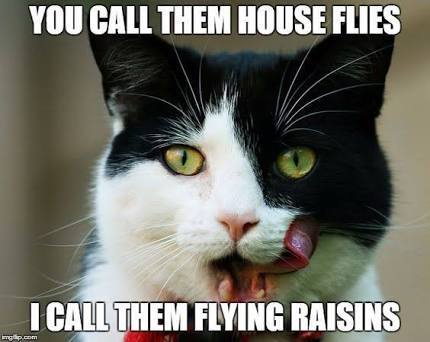What do you think?
Rate this book
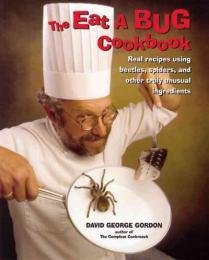

Library Binding
First published January 1, 2013
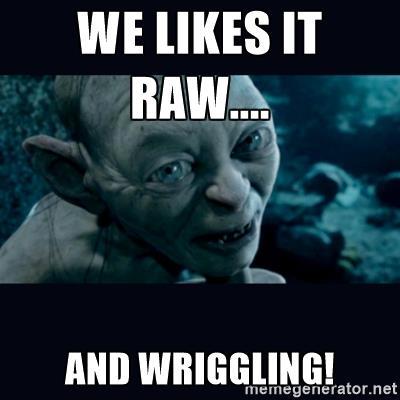
With a nappy covering of reddish-brown bristles and a legspan of about eight inches, my pet Chilean rose tarantula, Doris, was my unofficial taste tester for nearly a decade. She would gobble crickets, mealworms, and any other live leftovers from my bug-cooking experiments with zeal. But when she passed away in 2005, I began looking for her replacement. Doris proved a hard act to follow. I first tried a baby goliath bird-eating spider, the juvenile form of the largest spider species on earth. But I learned only after the might-be-giant arachnid died in an unsuccessful attempt to molt that individuals of this species require more care, including carefully controlled humidity and heat, in order to thrive. Next I acquired a Texas brown tarantula, captured in, of all places, Roswell, New Mexico, near the alleged site of a 1947 UFO crash. That specimen, named Ernest, proved too feisty, biting whenever he was handled, so I wound up giving him to a couple of dear friends who were okay with this. In 2012, I purchased Wes, a Mexican rose-gray tarantula spiderling about the size of a Cheerio. Raised on a protein-rich diet of farm-reared crickets and wild-caught pill bugs, Wes has grown rapidly. He has molted six times as of this writing, each time emerging from his cast-off body armor as a bigger, more robust beastie. Currently, the size of a silver dollar, and likely to exceed Doris in heft someday, the junior mascot of The Eat-a-Bug Cookbook is living proof that a diet of bugs has its benefits.

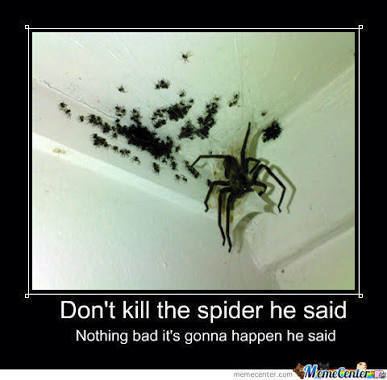
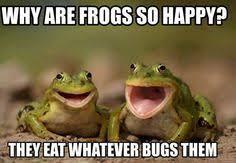
"In terms of the environment, eating insects is like riding a bicycle. Eating a steak is like driving a big gas-guzzling SUV.” Need more reasons to order a bug burger instead of a Big Mac? Then let me point out that many of our common garden pests are edible. If everyone served rapacious critters such as weevils and tomato hornworms for lunch or dinner, we’d have little need for most over-the-counter pesticide powders and sprays. On a global scale, this could make an incredible difference to the health of the environment and to humankind.
